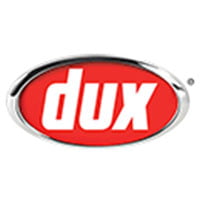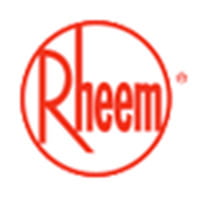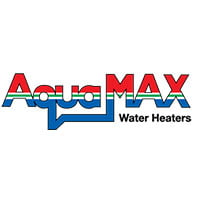
Residential hot water systems come in a wide range of sizes and styles, and there is no right answer as to which is the best. Different types of water heaters have unique benefits and drawbacks, and you’ll need to evaluate your needs, preferences and budget to find the best fit. Here at Fluid Plumbing Services, we are proud to offer hot water system installation and maintenance services, and our team of experts can help you select an appropriate system for your home. Before you get started with us, though, read through this handy guide, so you have a better understanding of what is on offer.
Water Heater Types
Water heaters fall into four primary categories:
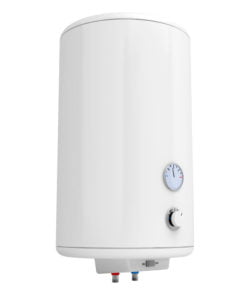
Electric
Electric water heaters use your electrical power to heat the water, and you’ll be able to choose between tankless and tanked varieties. One of the most significant benefits of electric water heaters is that they tend to be among the most affordable to buy and install. However, that benefit does come with an associated drawback: higher operating costs. Electricity tends to be fairly expensive in Australia, so your power bills can add up quickly.
Depending on where you live, you may be able to operate your electric water heater all day long, or you may be required to only heat your water during off-peak hours. If your city falls into the latter category, you’ll need a water heater with a much larger tank, as the water your system heats during the night will need to last you all day. A typical family of four needs a tank of about 150 litres, but you’ll need nearly double that size for off-peak heating.
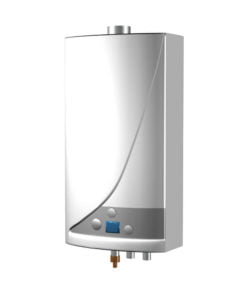

Gas
Gas water heaters are incredibly popular, thanks to their affordable cost and operation. Although gas prices are on the rise, they are still significantly cheaper than those for electricity. Gas power is more energy-efficient than electric power as well, so you won’t have to worry about wasting energy and depleting natural resources.
As with electric water heaters, you’ll find both tanked and tankless gas water heaters. With gas heaters, you won’t run into the challenge of only operating during off-peak hours, so most families will do just fine with a tank that holds about 150 litres if you choose a style with a storage tank.
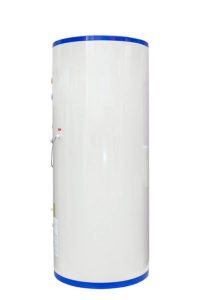

Heat Pump
Heat pump water heaters are more expensive than gas or electric varieties, typically costing a few thousand dollars, depending on the model. However, you may be eligible for government incentives or rebates to help make up some of the cost. This type of water heater operates in a manner similar to an air conditioner, drawing heat out of the ambient air and using it to heat the water in the tank. Tankless water heaters are not available in the heat pump style.
Because heat pumps pull heat from the air, they work best in warmer climates. That doesn’t mean they can’t be used in cooler areas, though; most models include a booster system for extra warmth on days that are especially cold. The biggest drawback to this type of system is the noise. Like air conditioners, heat pumps can be a bit loud, so you’ll need to take care in choosing where to install your system, as it must be placed outdoors. You don’t want to upset your neighbours with constant noise!
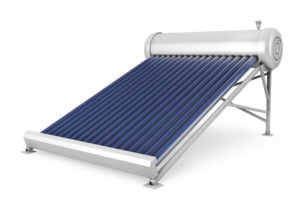

Solar
A solar water heater utilises the power of the sun to heat your water. You’ll have dark panels installed on your roof, each filled with a thin layer of water. The dark exterior absorbs the heat of the sun, warming the water in the process. That warm water is then stored in the attached storage tank, bringing in more cool water to heat. Homes with north-facing roofs tend to be best-suited to solar water heating, as they’ll get the most sunlight throughout the day. Homes that face in other directions can still use solar heating, though the system won’t be as efficient, and you’ll need more panels.
The best thing about solar water heating is that the operating costs are minimal. However, these systems are also the most expensive to buy and install. Once you’re up and running, though, you’ll save a lot of money on your energy costs over the years. For days when the sun isn’t shining or when you need more hot water than usual, most solar hot water systems include a booster for extra heating.
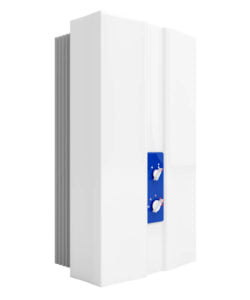

Water Tank vs. Instantaneous
We’ve touched briefly on water tank and tankless heaters in the previous sections, and now we’ll get into them in a bit more detail. Tanked systems store the heated water in a large tank so that it is ready to use whenever you need it. However, tanks have a limited capacity, so you may run out of hot water temporarily if you enjoy long showers or have multiple people in your home who all need to bathe in short succession.
Instantaneous water heaters, also called tankless heaters, heat the water only when you actually need to use it, bringing it up to the appropriate temperature rapidly. Although you’ll never run out of hot water in the middle of your shower, most systems can only supply hot water to a single faucet at once. This means that you won’t be able to run your dishwasher and bathe at the same time.
Hot Water System Brands
There are many brands that create hot water heaters, but they are not all the same. According to Canstar Blue, Rheem receive the highest ratings for customer satisfaction, and they offer all of the water heater types discussed above. Rinnai comes in second and also provides all styles.
Bosch is known for their instantaneous heaters, though they also offer storage tank heaters. What sets them apart, though, is their openness to new technology, offering a mobile app to help users monitor and manage their energy and water usage.
Dux’s tankless heaters have earned some of the highest Energy Star ratings in the industry, and their storage tank systems come in a wide range of sizes to suit the needs of large families. Finally, AquaMax offers affordable storage tank systems, though their instantaneous systems tend to be more expensive than average.
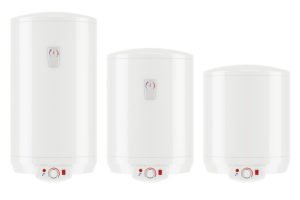

System Sizes
If you choose to go with a water heater with a tank, you’ll need a tank that is large enough to accommodate the size of your family and your typical water usage. For example, if there are only one or two people in your household, you can likely get away with a small tank that holds 100 litres or less. For families of four, you’ll need at least 150 litres. If your family is even larger, a storage tank that holds several hundred litres will ensure everyone has access to the hot water they need.
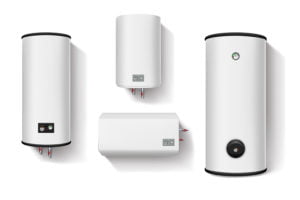

Operating Costs
Here’s an overview of what you can expect to pay over the course of a year to operate each type of system:
Data Source: Canstar Blue
| System Type | Annual Operating Costs |
| Electric | $700-$925 |
| Gas | $295-$665 |
| Heat Pump | $160-$385 |
| Solar | $65-$365 |
Upgrade Your Hot Water System Today
When you are ready for a new hot water system in your home, you can count on the experts at Fluid Plumbing Services. Reach out to us today to learn more about our hot water heaters and installation services. We service Central Coast and Newcastle. We’ll be happy to book you in for a free consultation to discuss your options.

